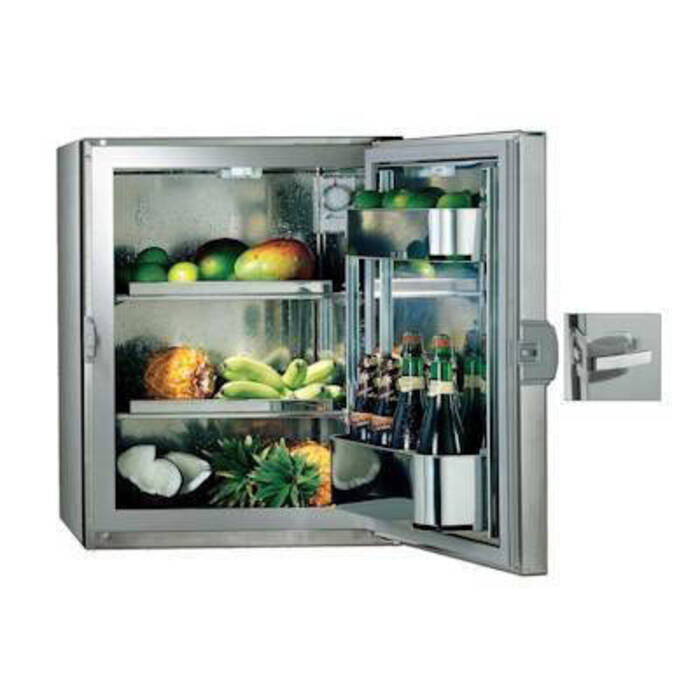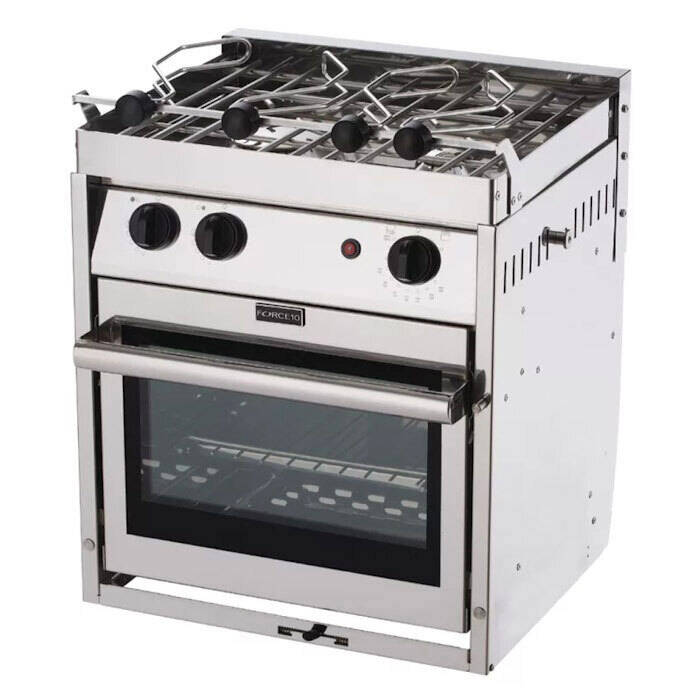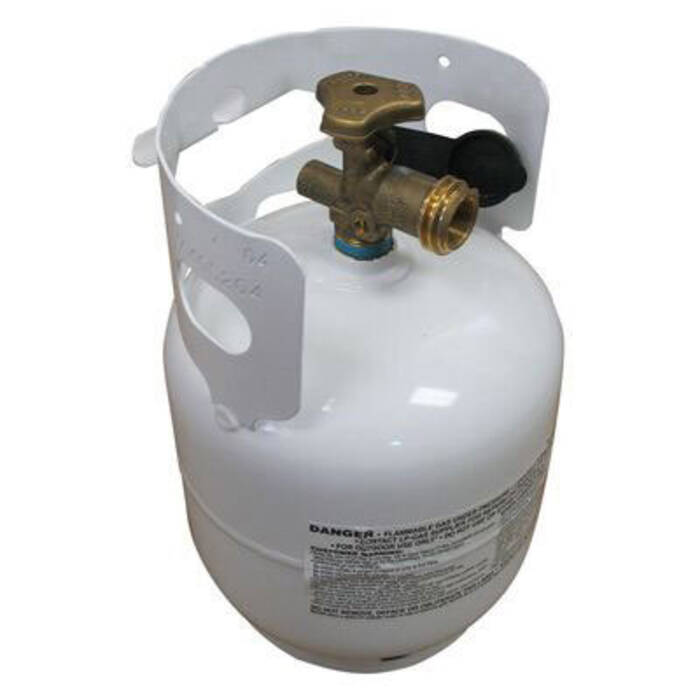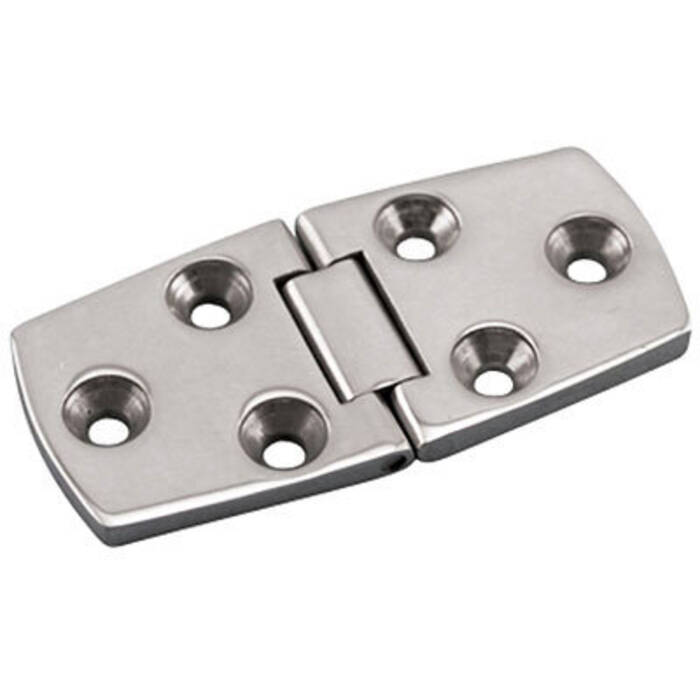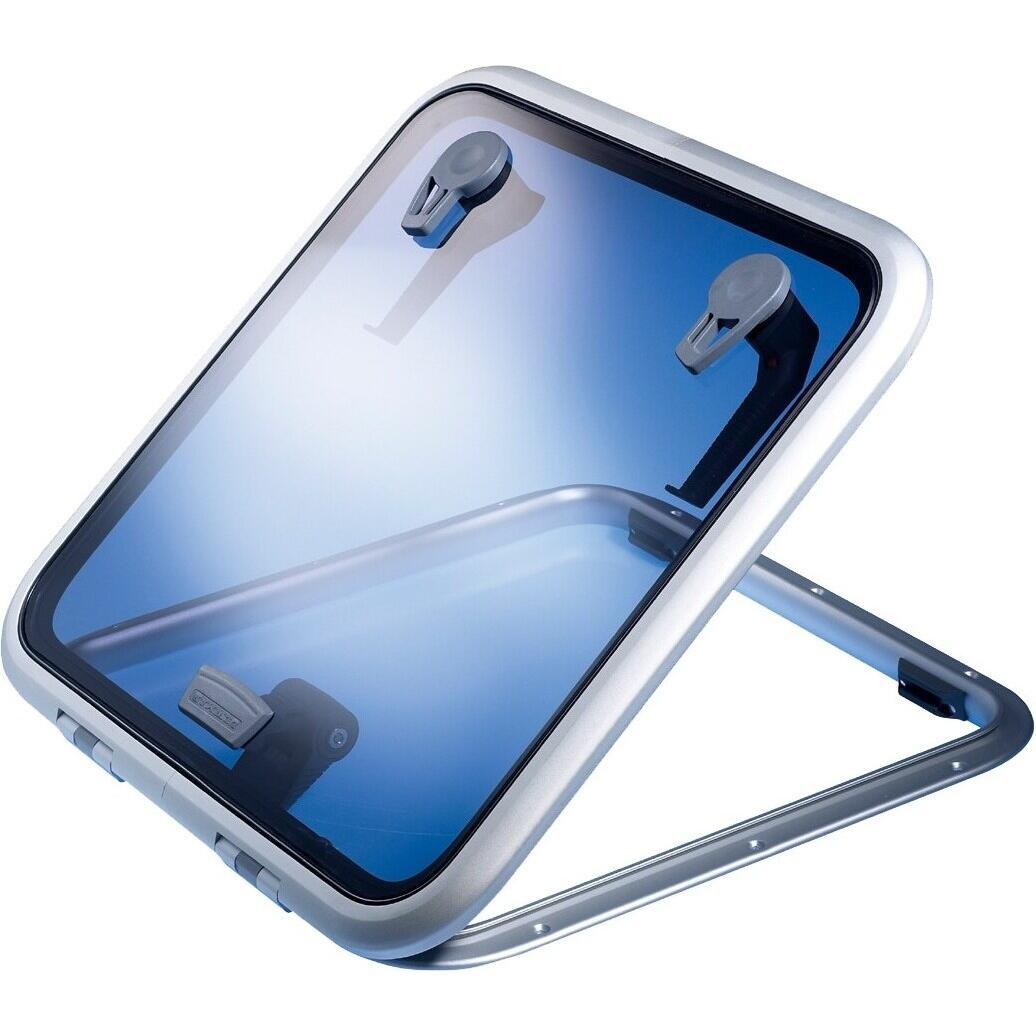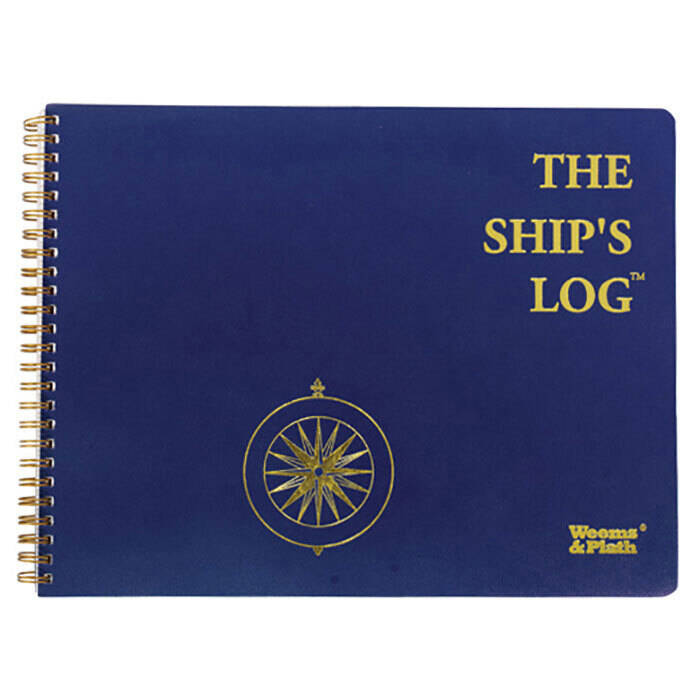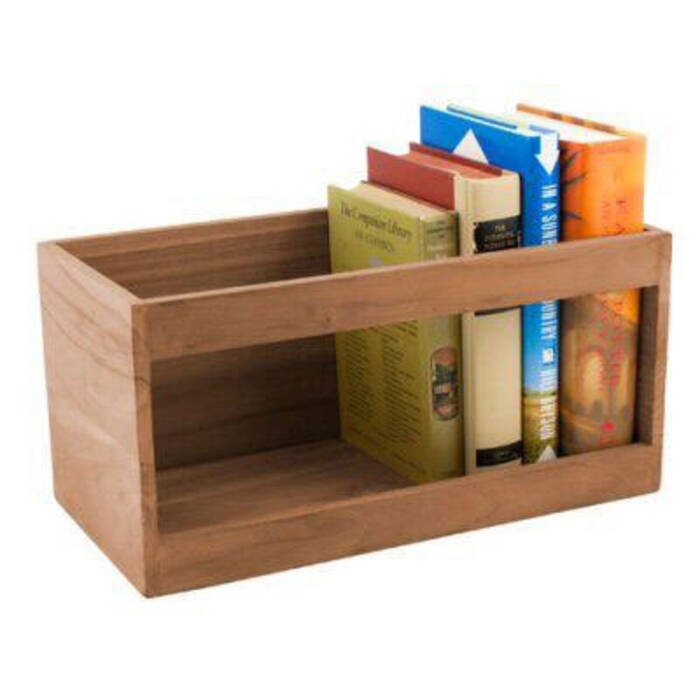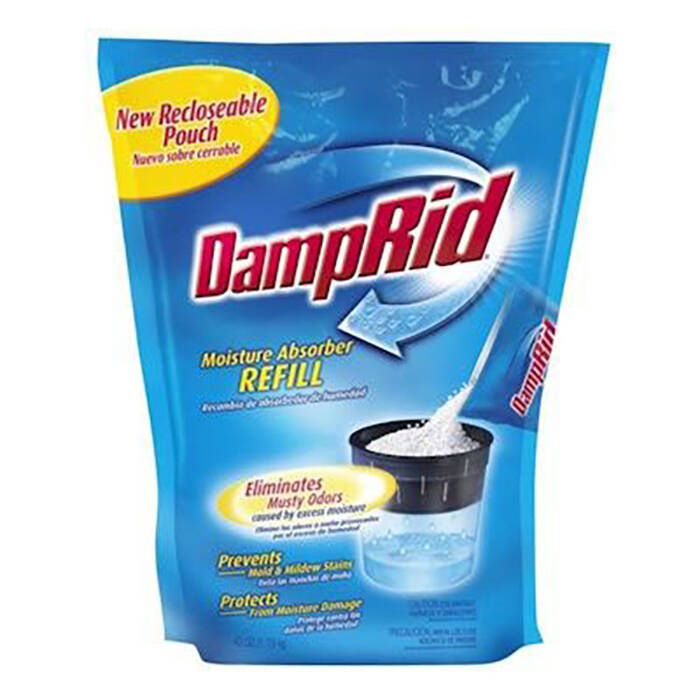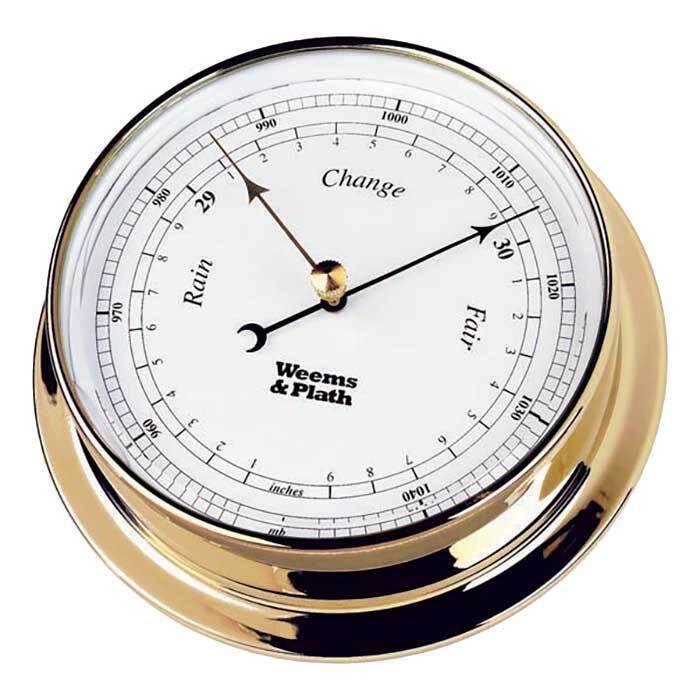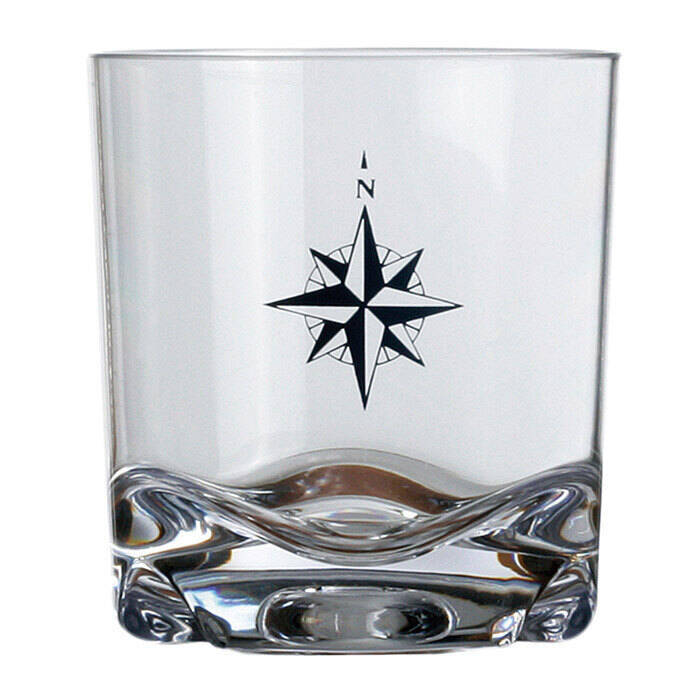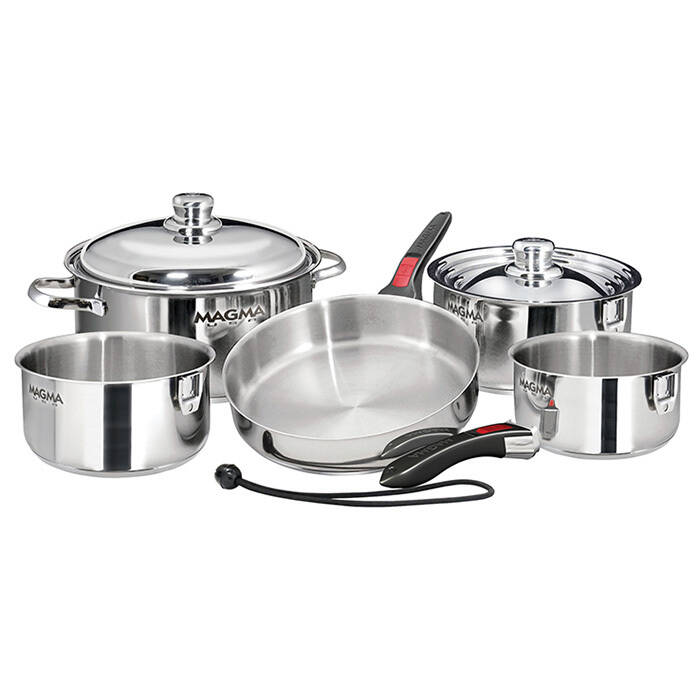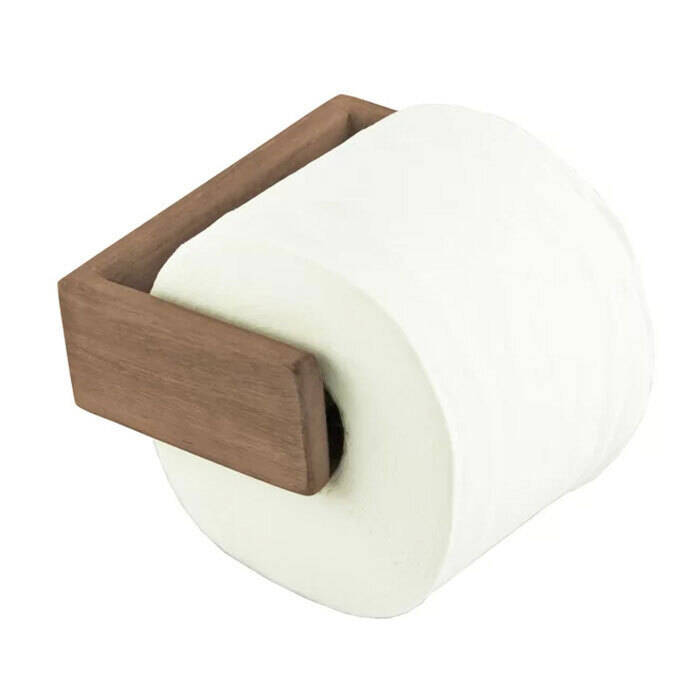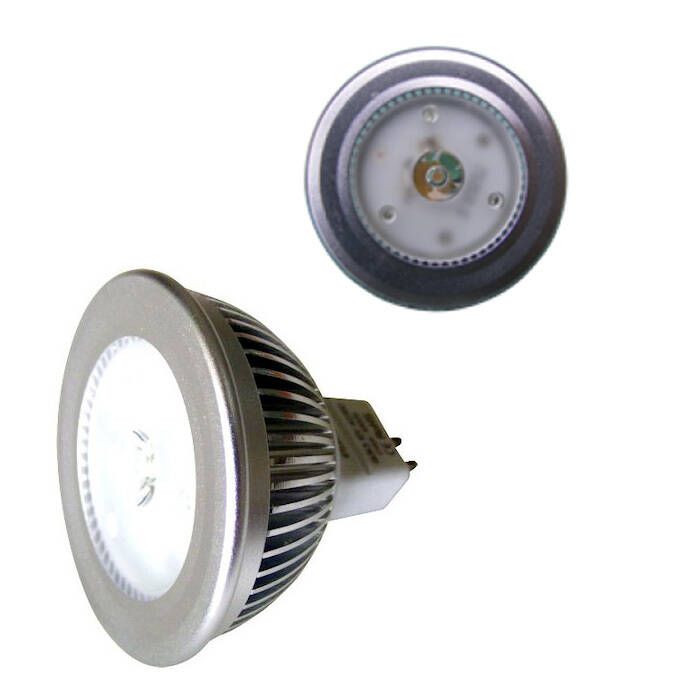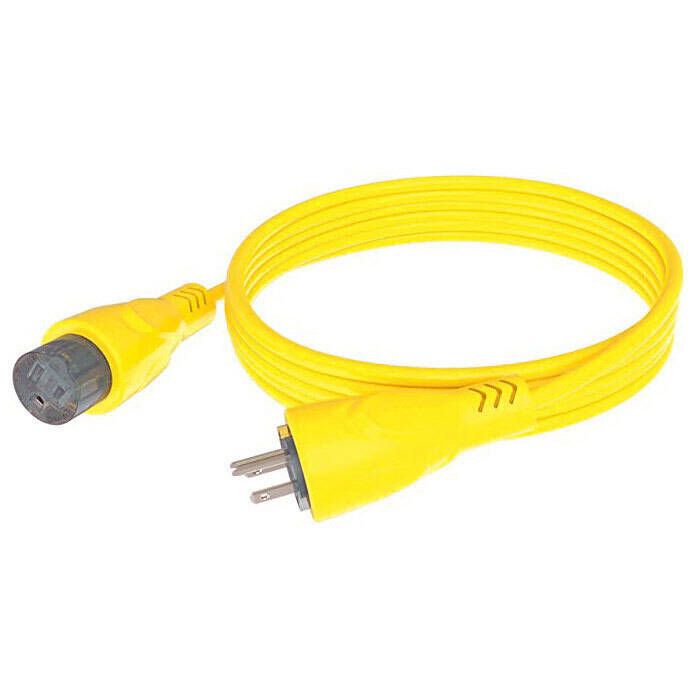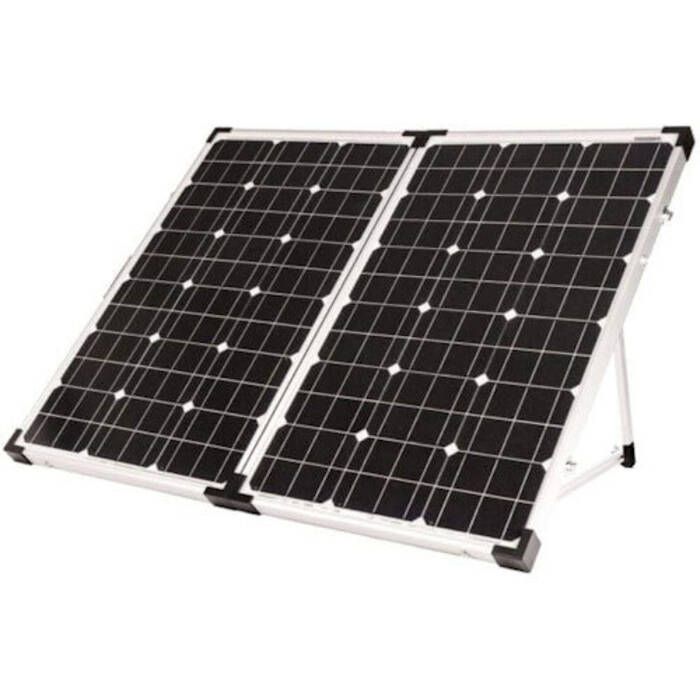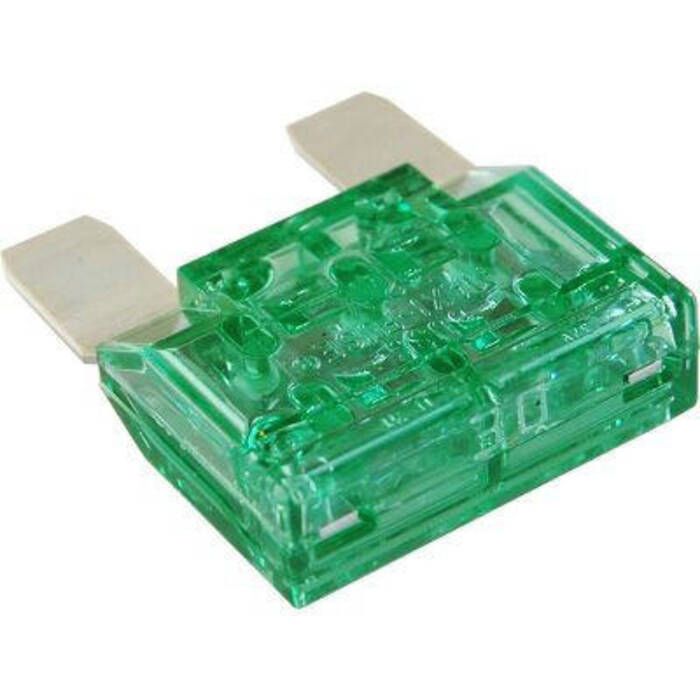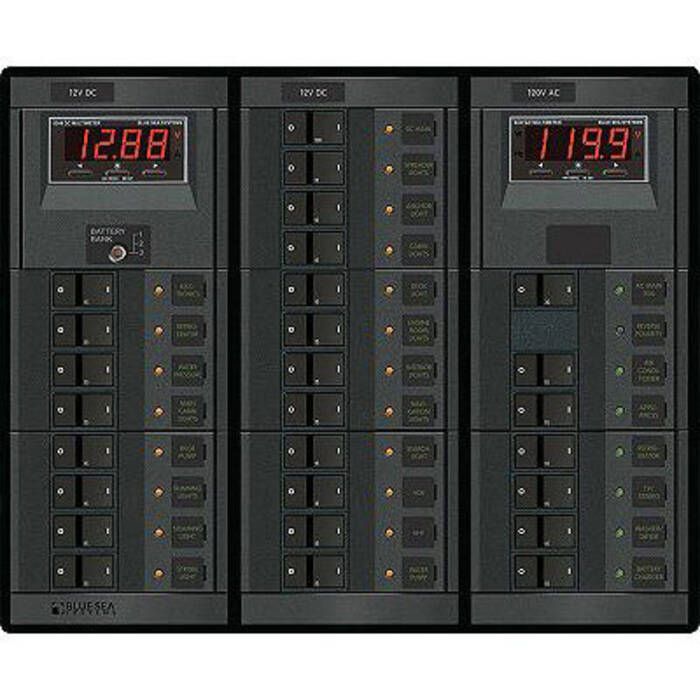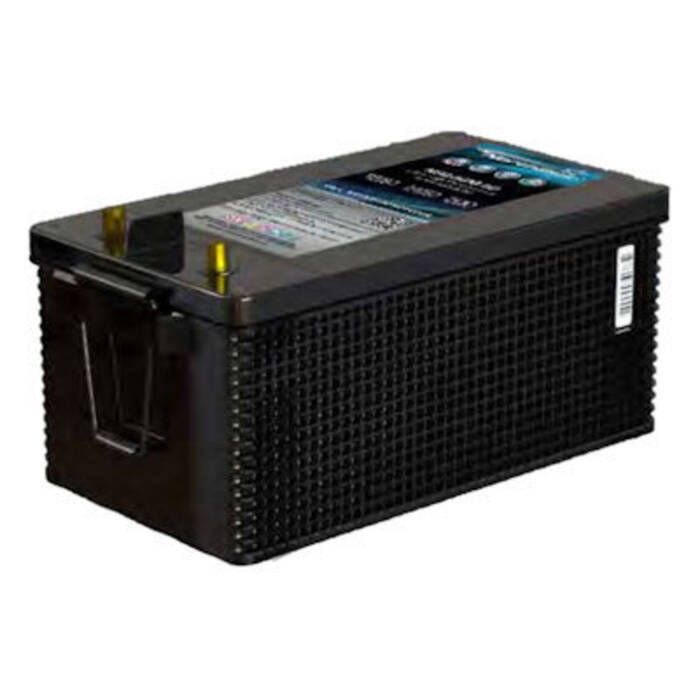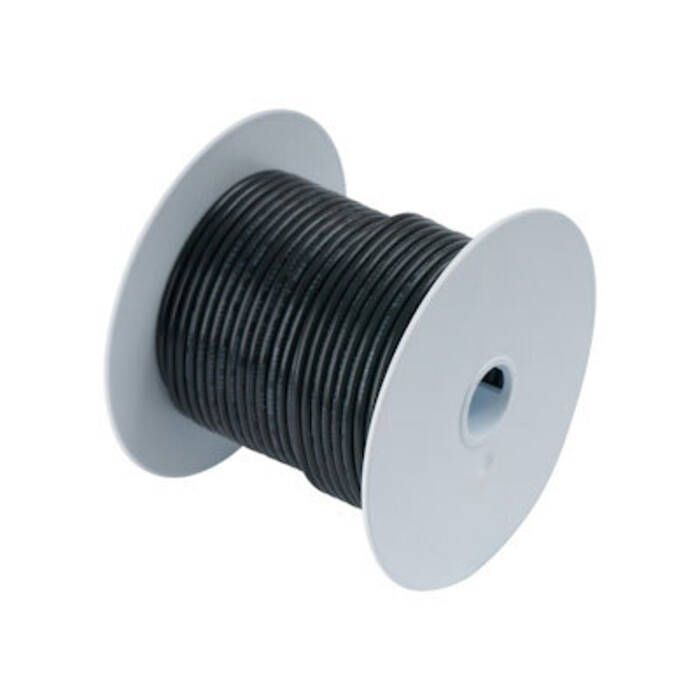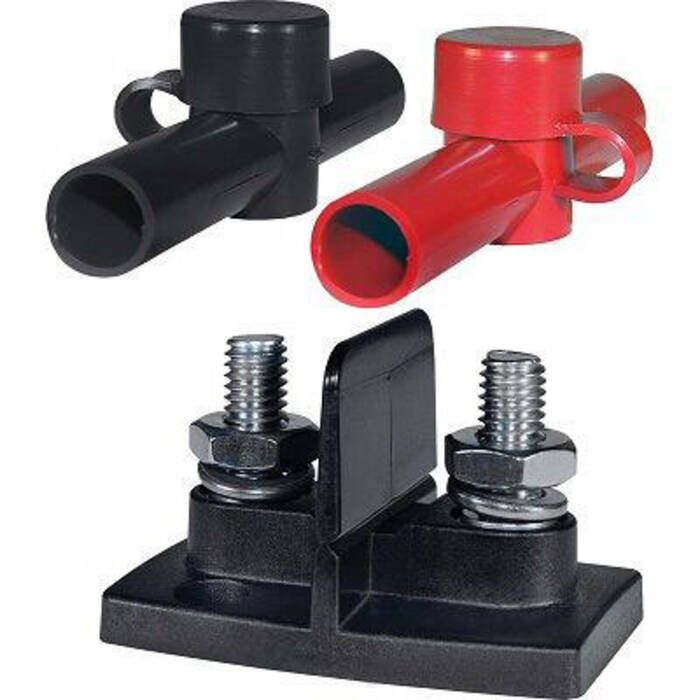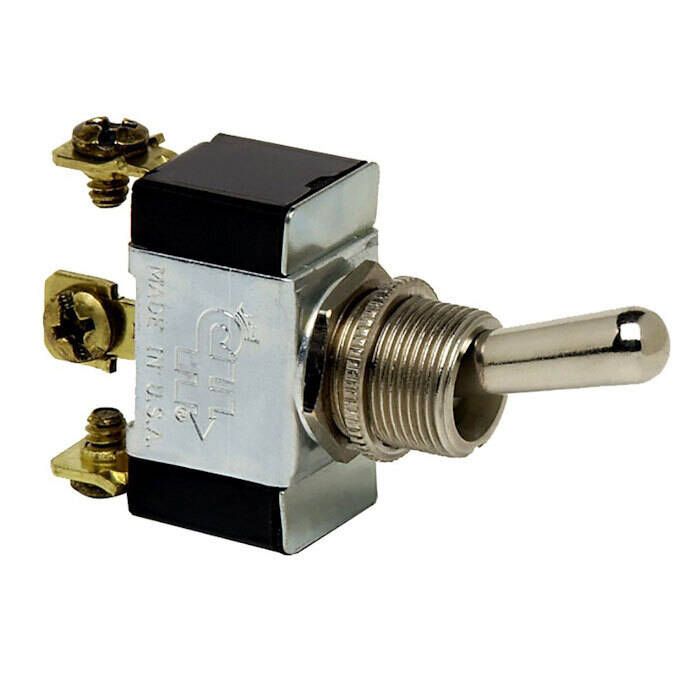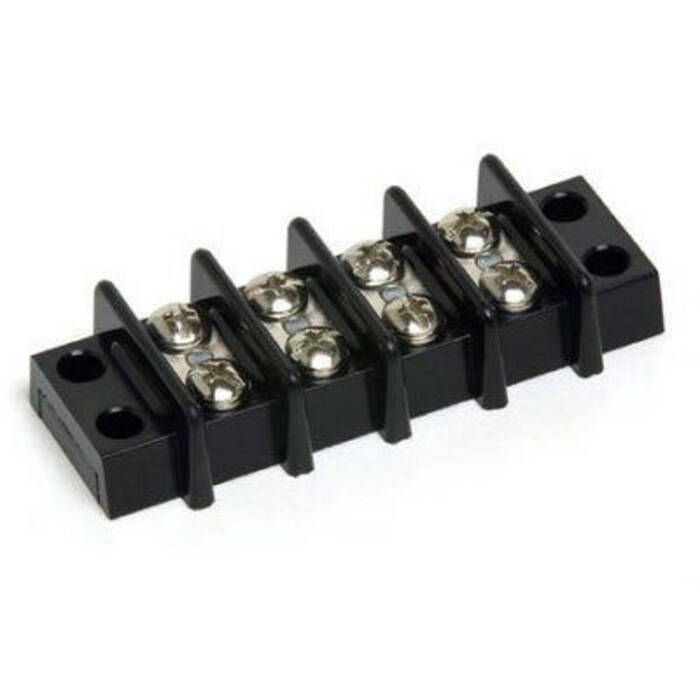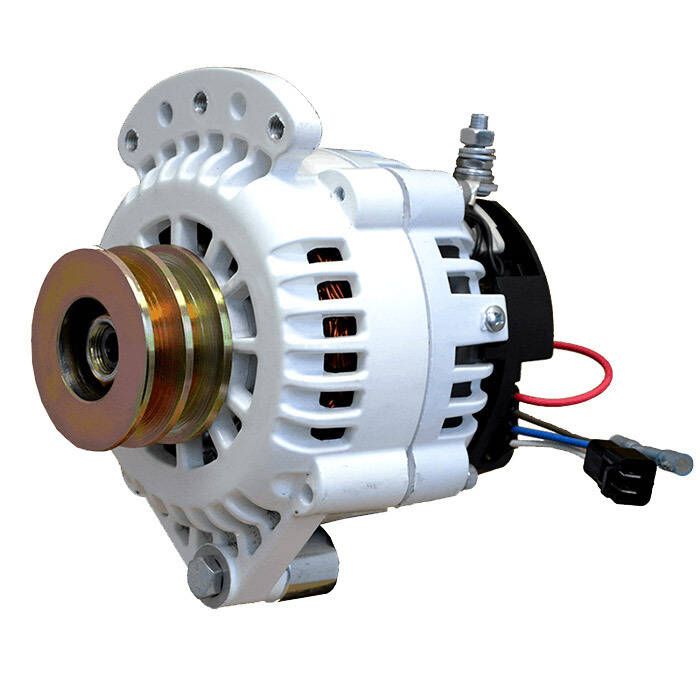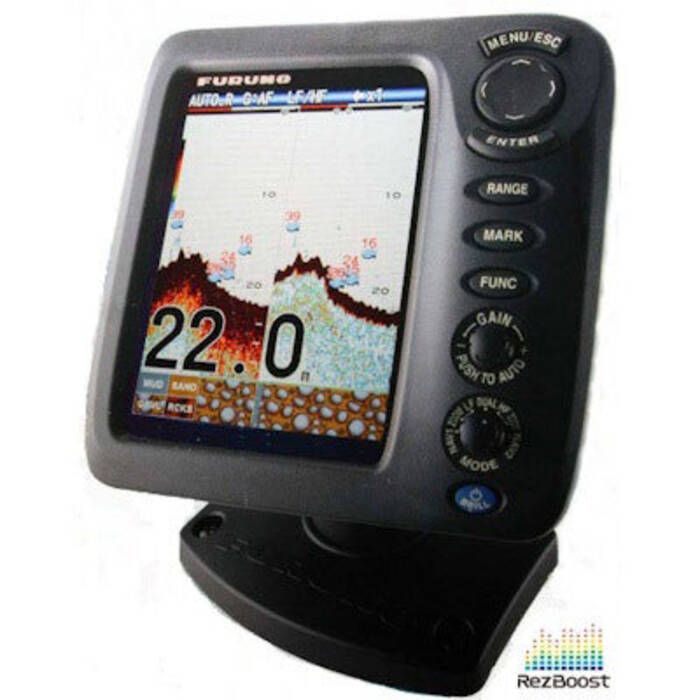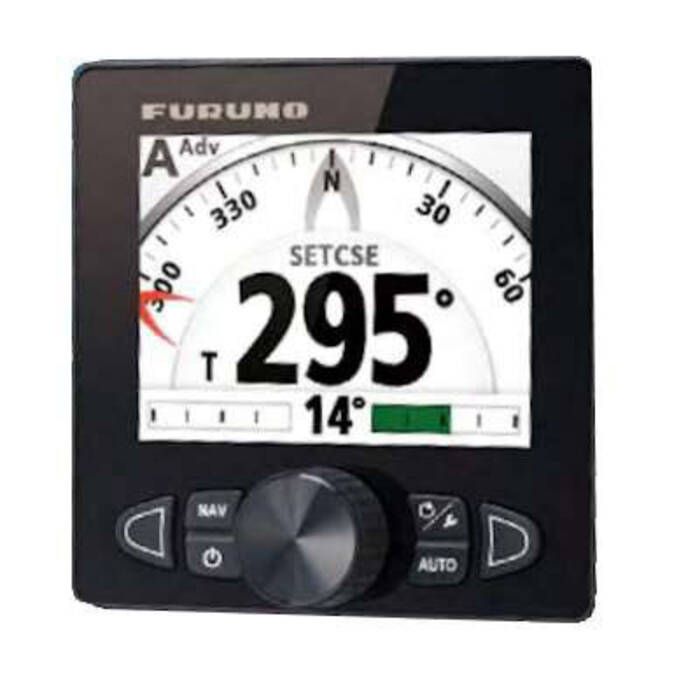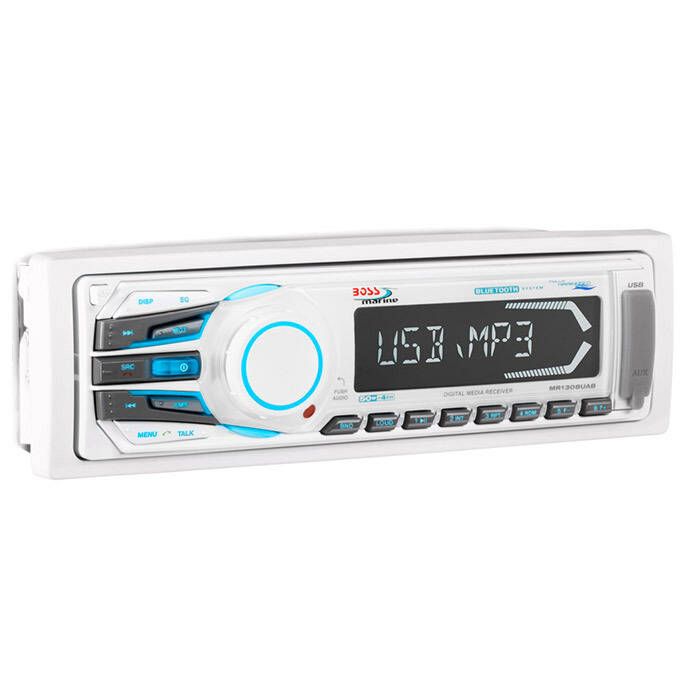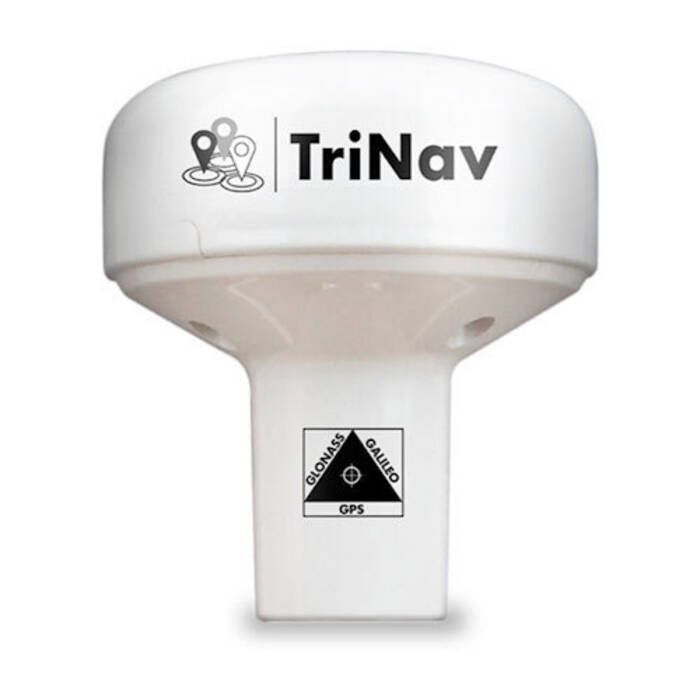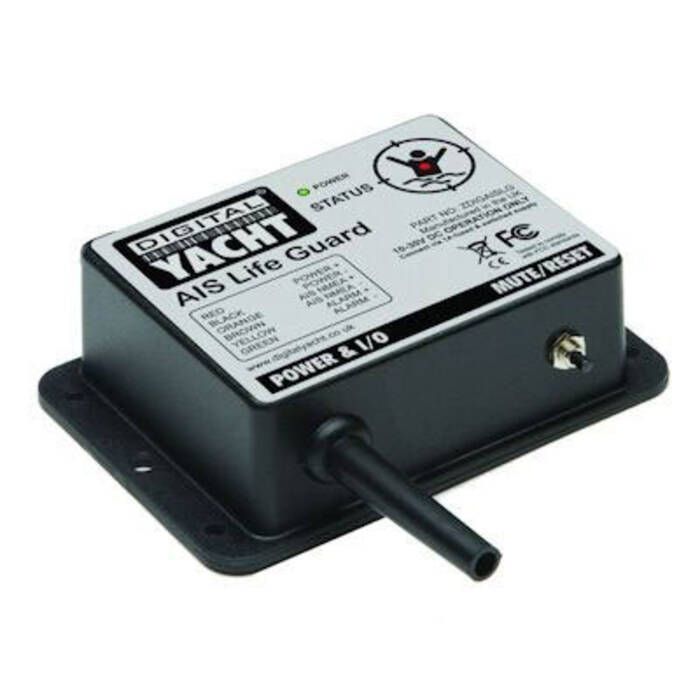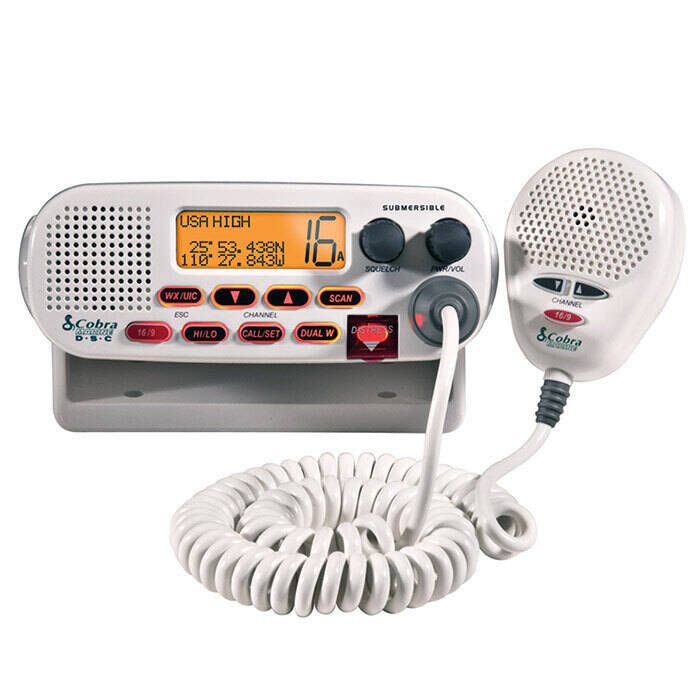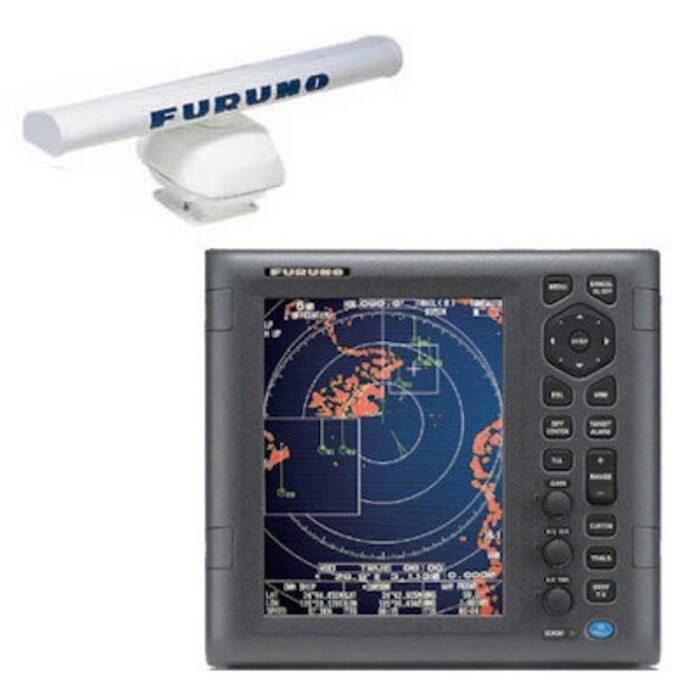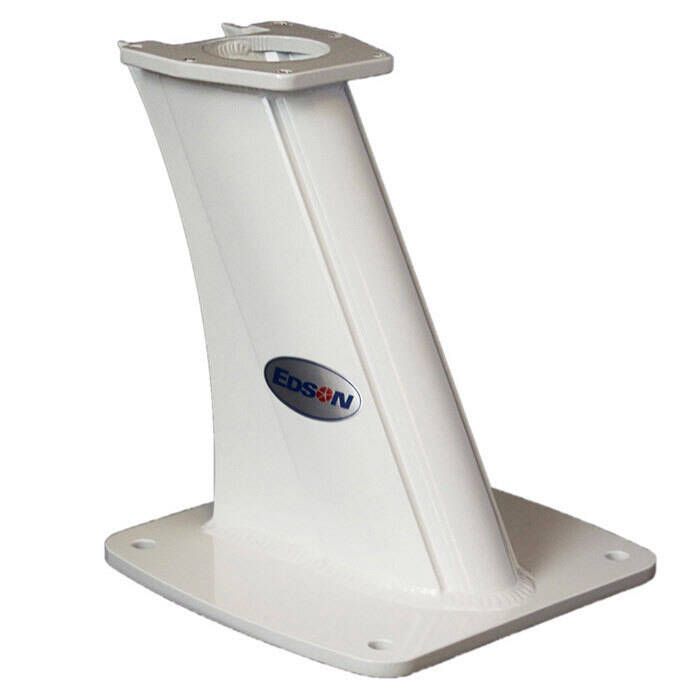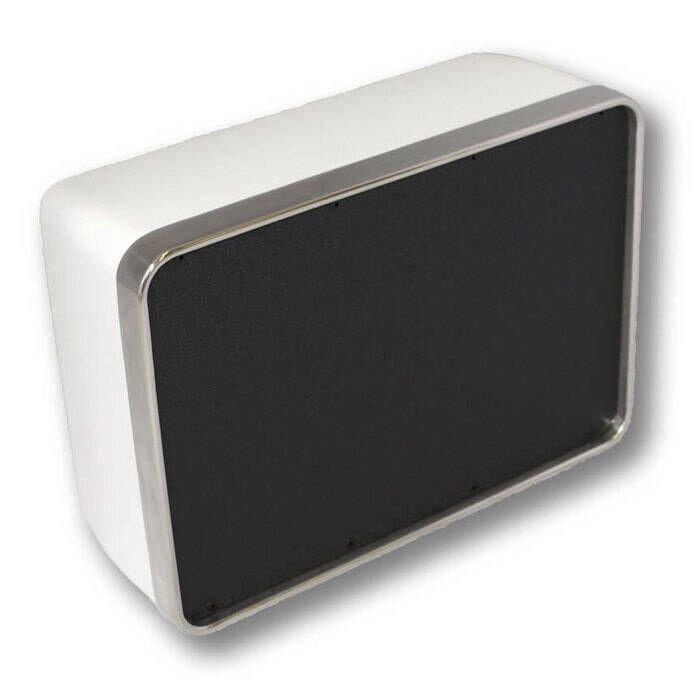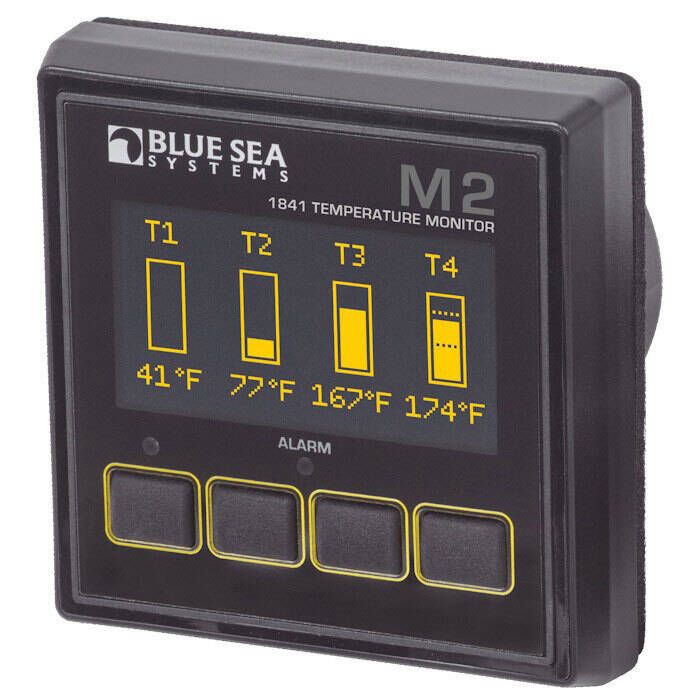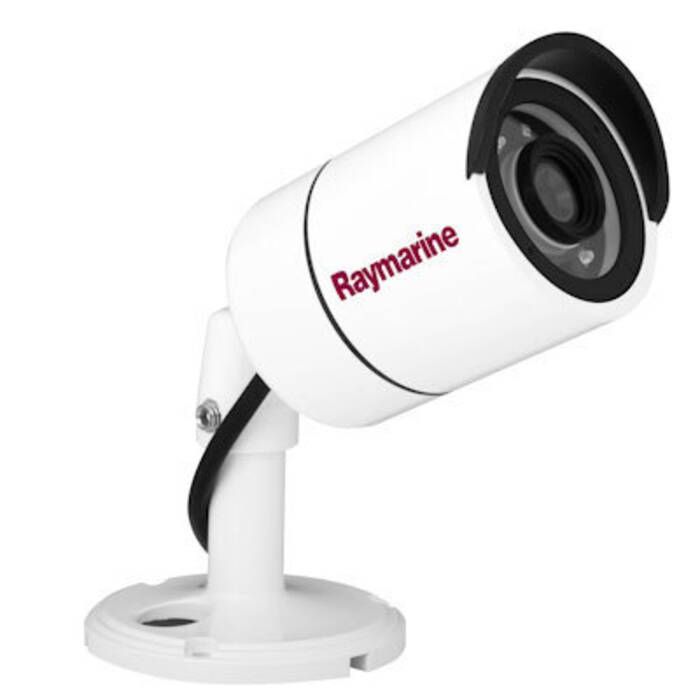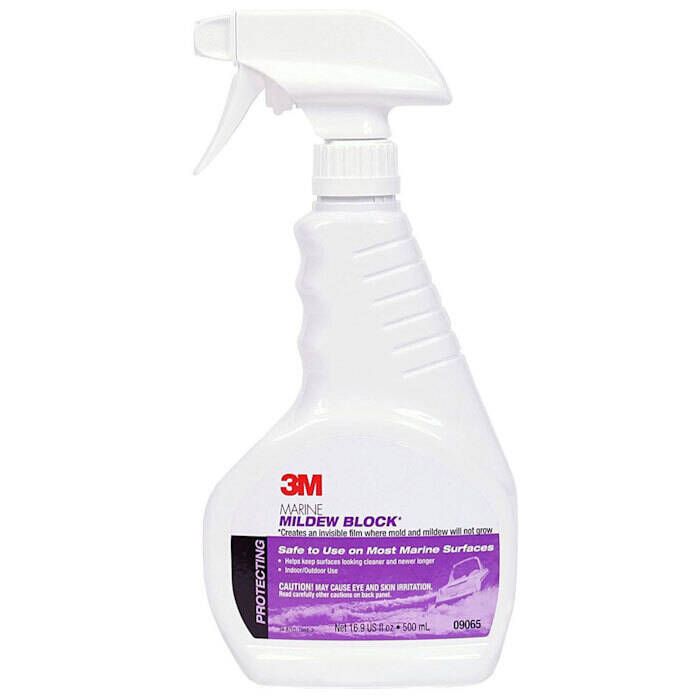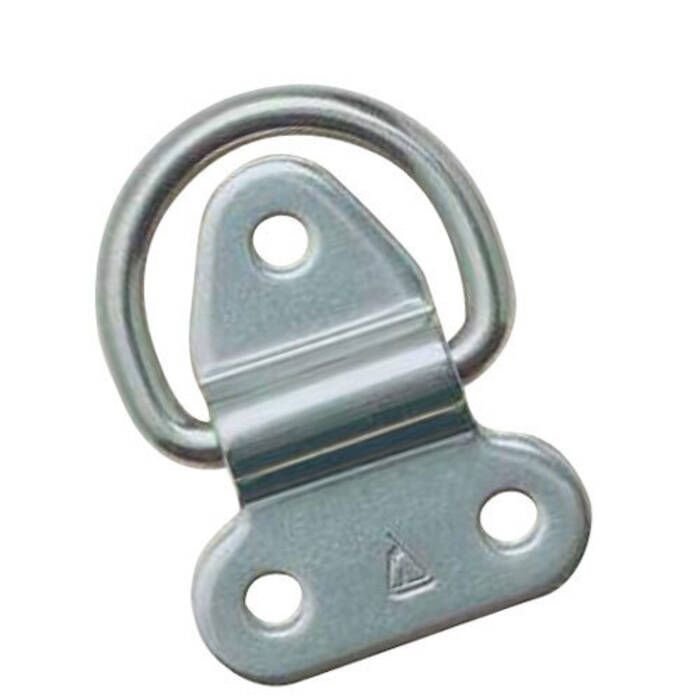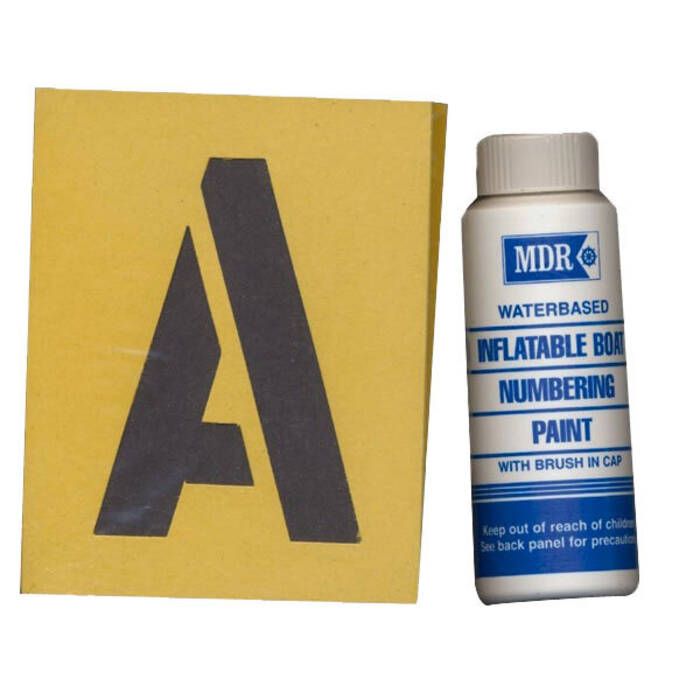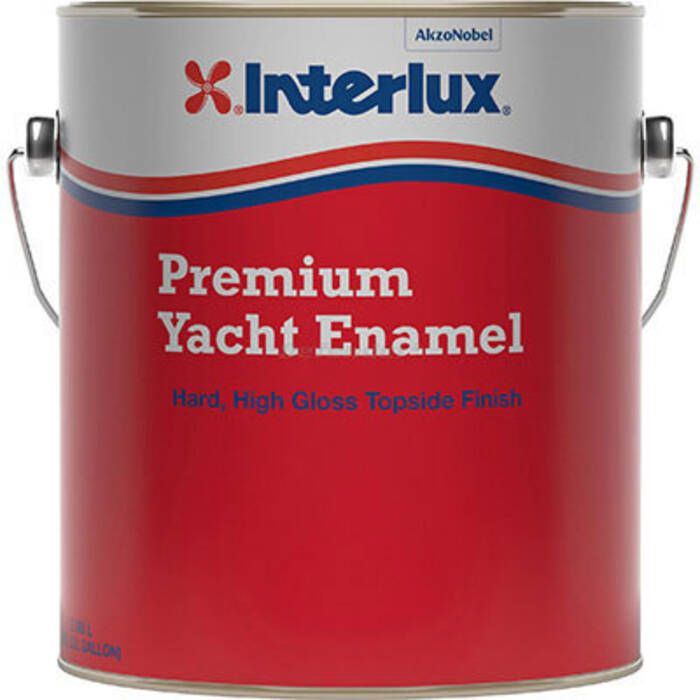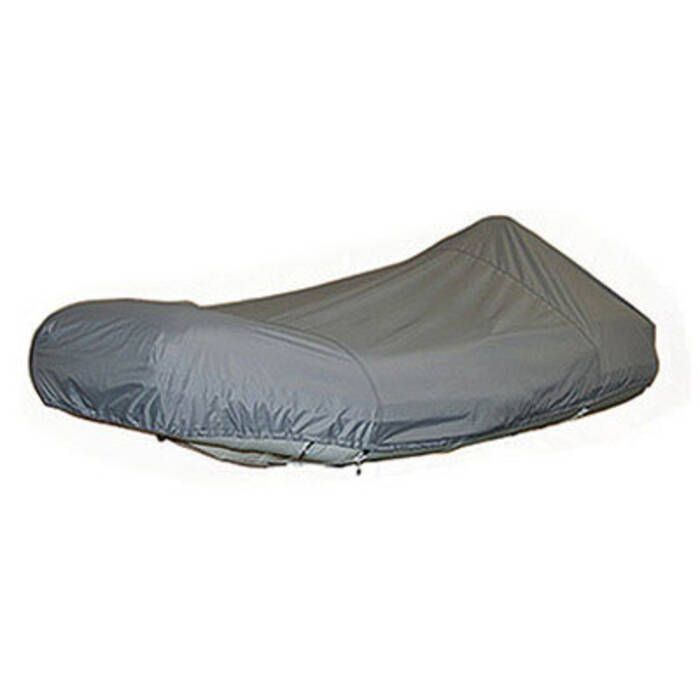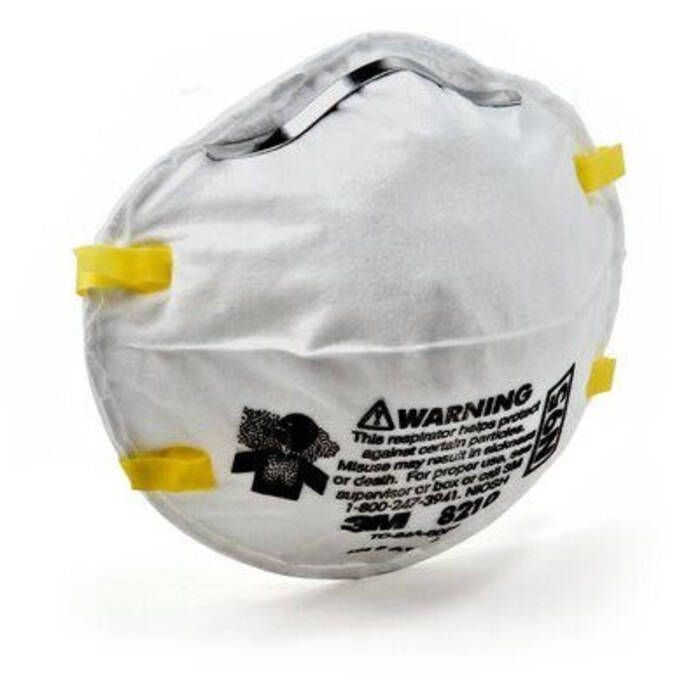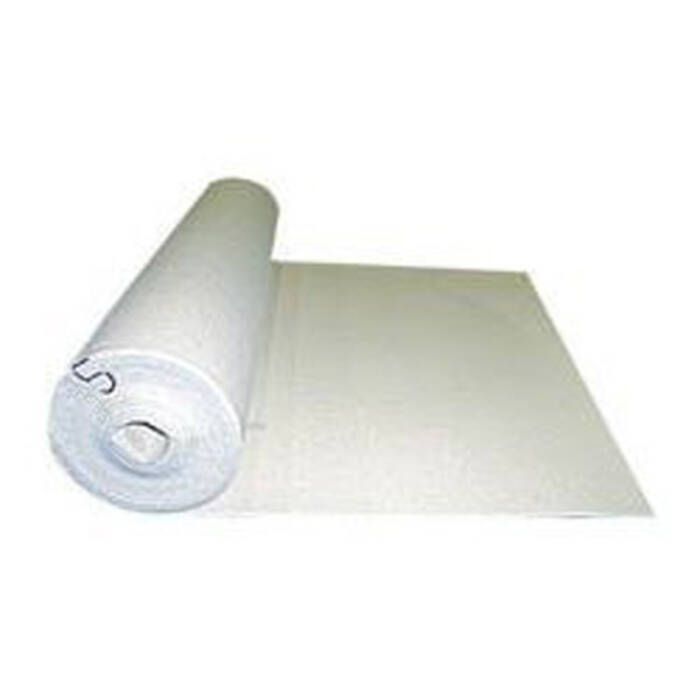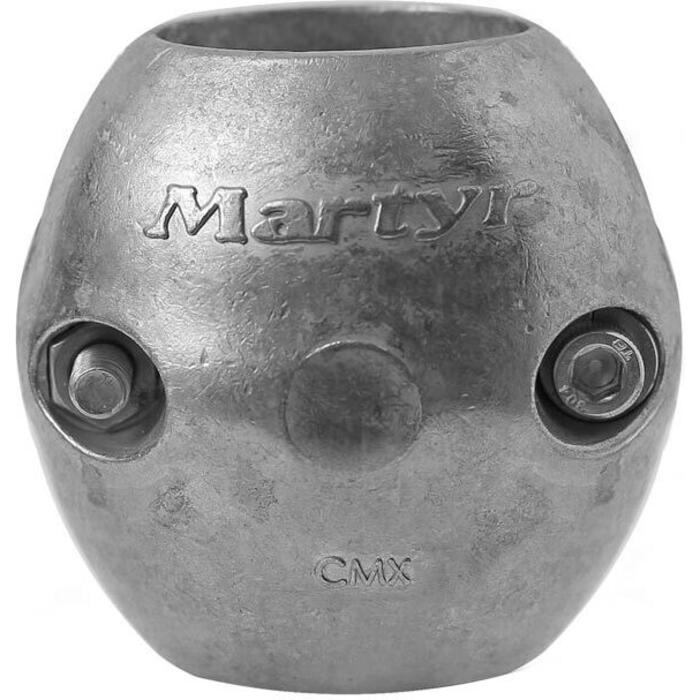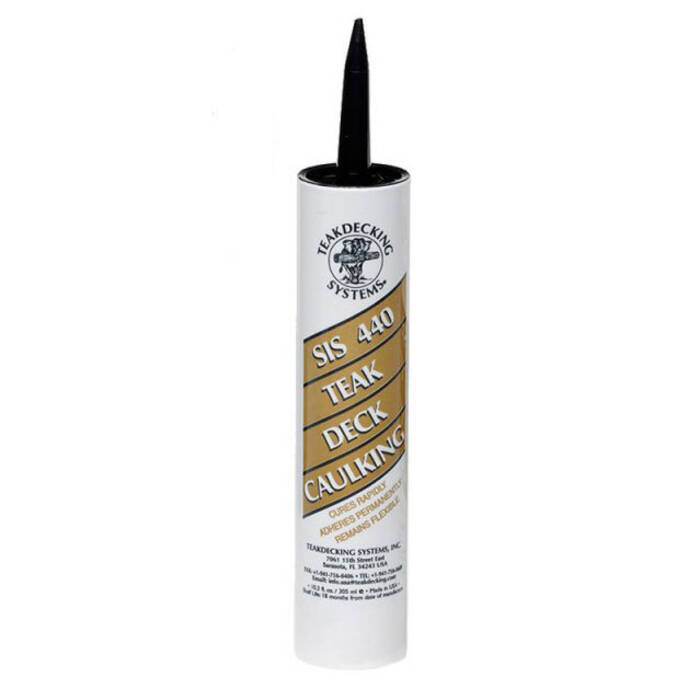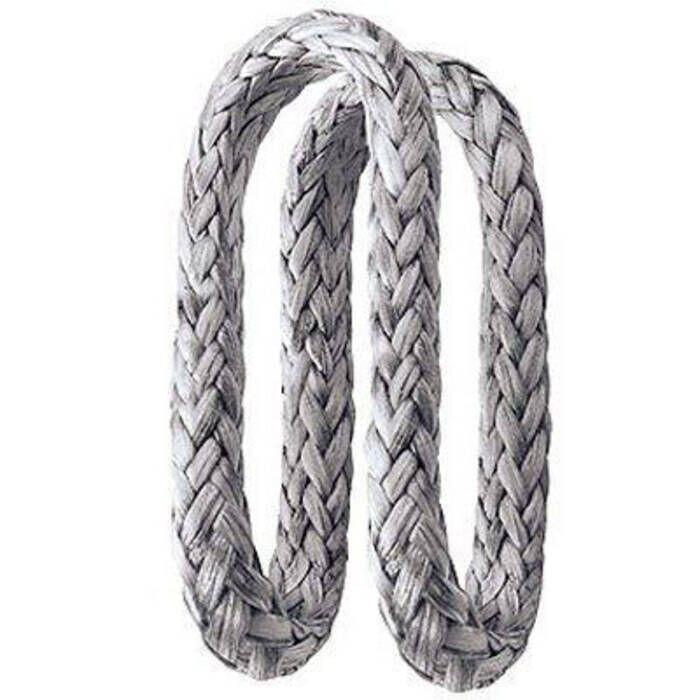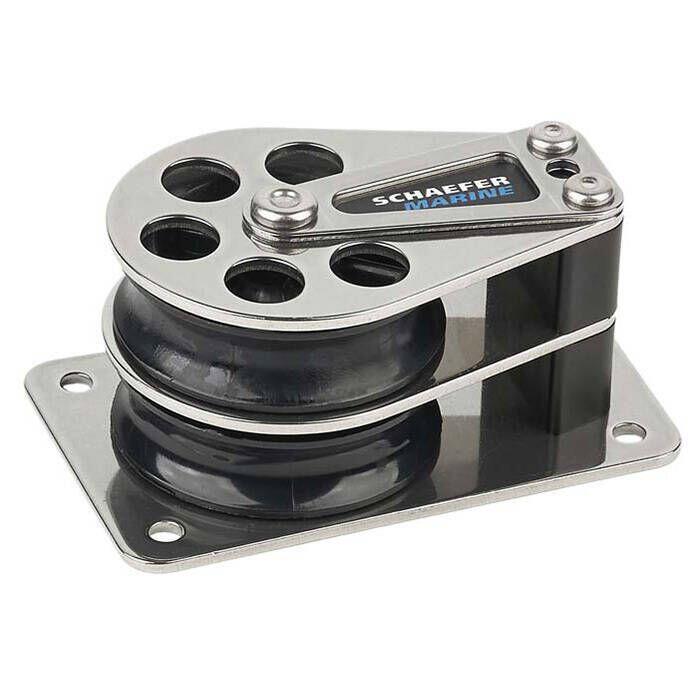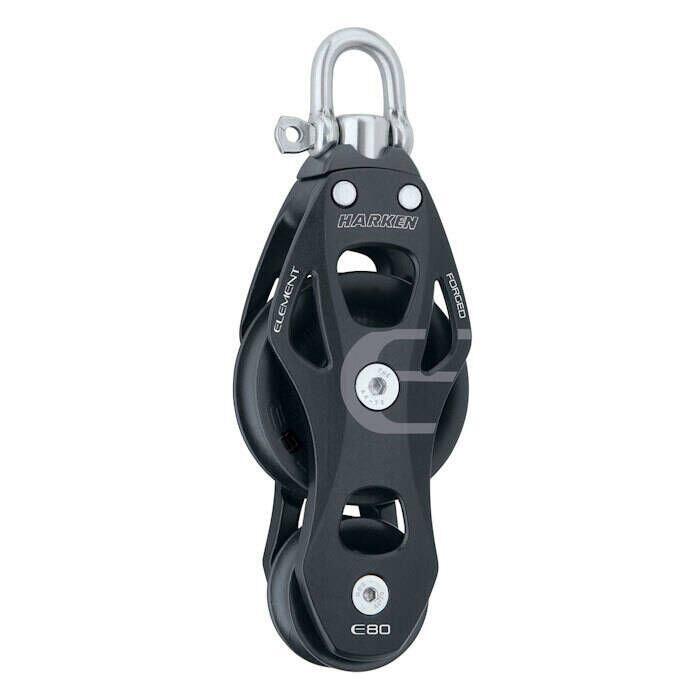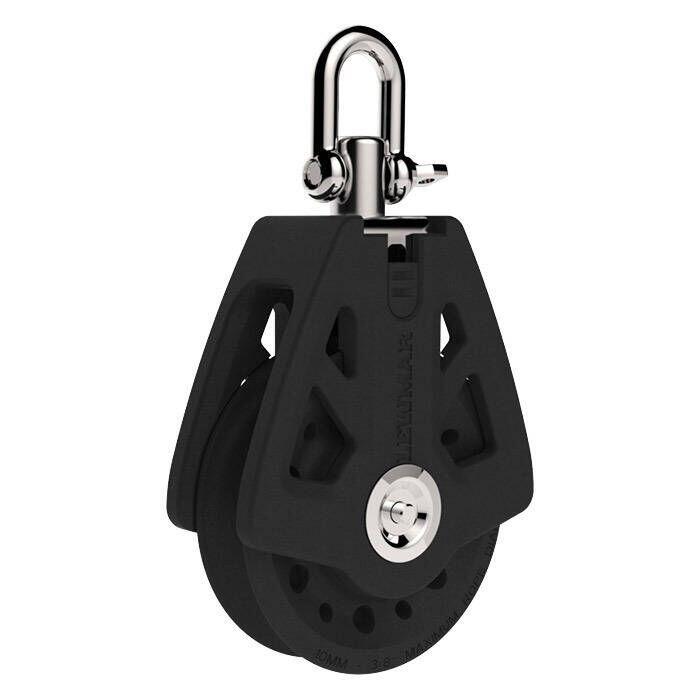Poulies
-

Schaefer - Poulie Violon Série 7 - 704-55
284,08 $ -

Schaefer - Poulie de Renvoi pour Drisse - 303-50
89,68 $ -

Harken - Poulie Violon à Cliquet Carbo Air - 75 mm (2 15/16") - 2696
342,08 $ -

Harken - Micro Poulie Violon - 22 mm (7/8") - 245
63,98 $ -
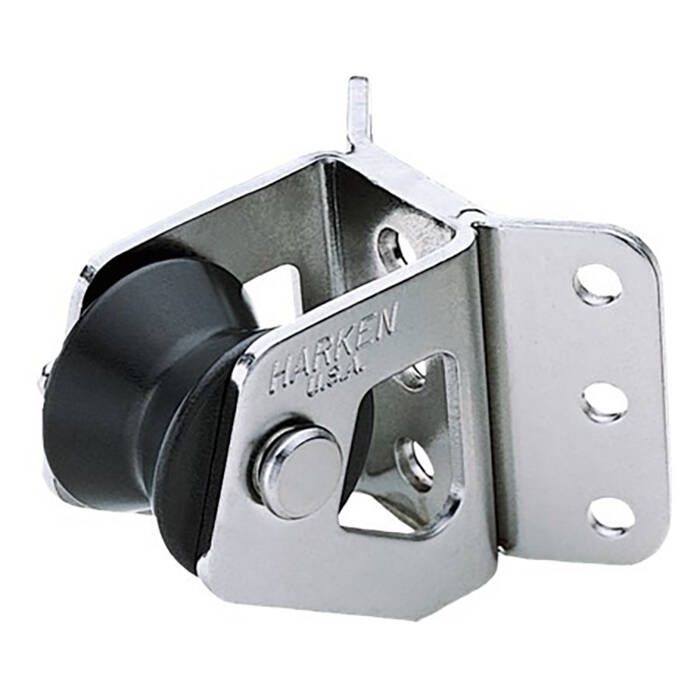
Harken - Retenue de Drisse - 25 mm (15/16") - 944
115,28 $ -
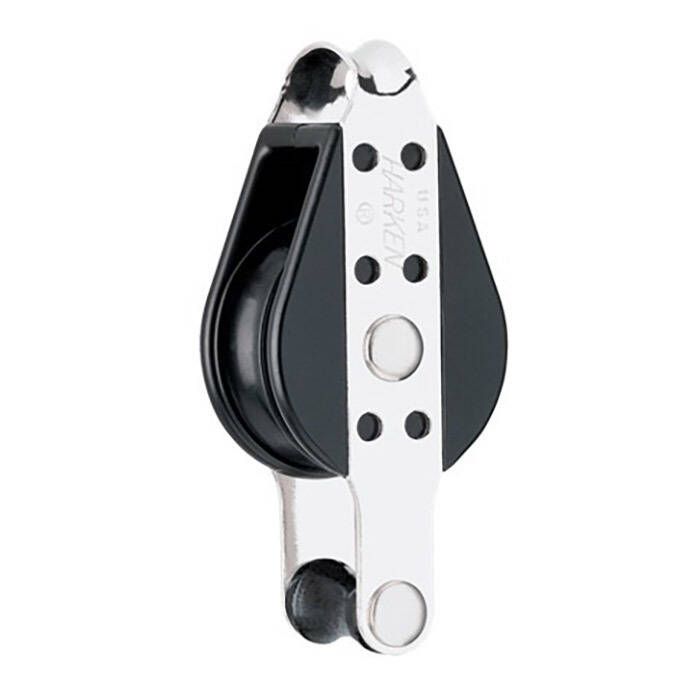
Harken - Bloc Bullet avec Taquet - 29 mm (1 1/8") - 083
32,93 $ -

Harken - Bloc Carbo Air - 29 mm (1 1/8") - 348
23,48 $ -
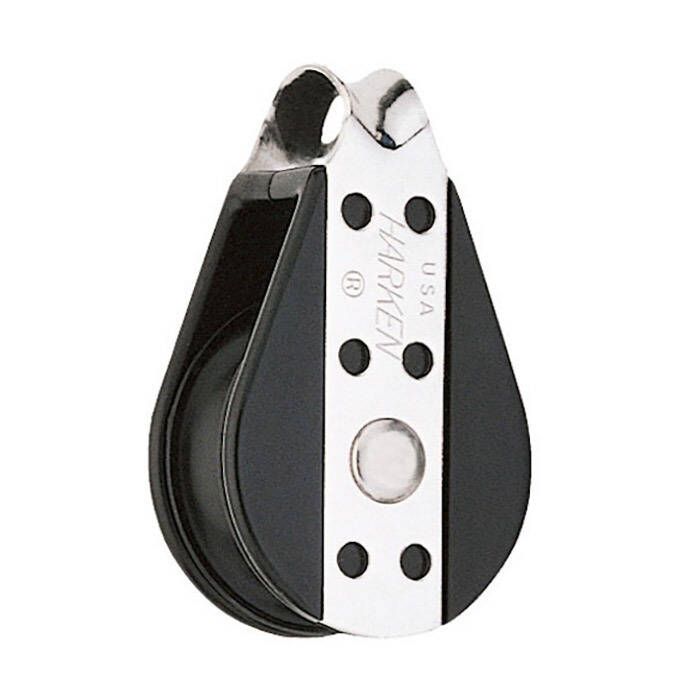
Harken - Grande Poulie Bullet - 38 mm (1 1/2") - 125
49,13 $ -

Harken - Grande Poulie Bullet - 38 mm (1 1/2") - 146
57,23 $ -

Harken - Bloc Carbo Air - 40 mm (1 9/16") - 2608
97,73 $ -

Harken - Poulie Violon Carbo Air - 57 mm (2 1/4") - 2676
285,38 $ -
 14% off
14% offLewmar - Poulie Double Synchro - 50 mm (2")
68,08 $ - 73,48 $57,96 $ - 66,19 $ -

Harken - Poulie de Renvoi Double pour Montage sur Chandelier - 40 mm (1 9/16") - 7405
120,68 $ -

Harken - Bloc de Joue Ratchamatic - 57 mm (2 1/4") - 2633
166,58 $ -
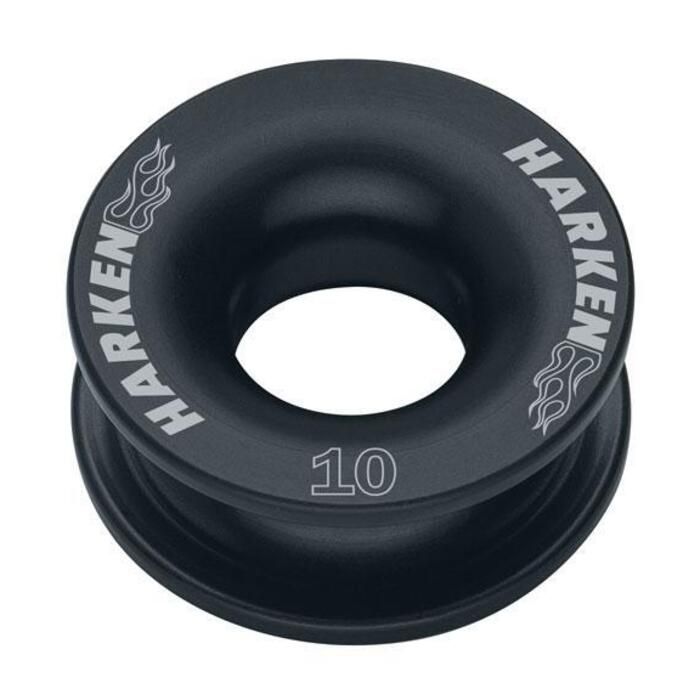
Harken - Anneau de Guidage
27,53 $ - 54,53 $ -

Lewmar - Poulie de Pied Synchro - 72 mm (2 13/16")
85,63 $ - 111,28 $ -
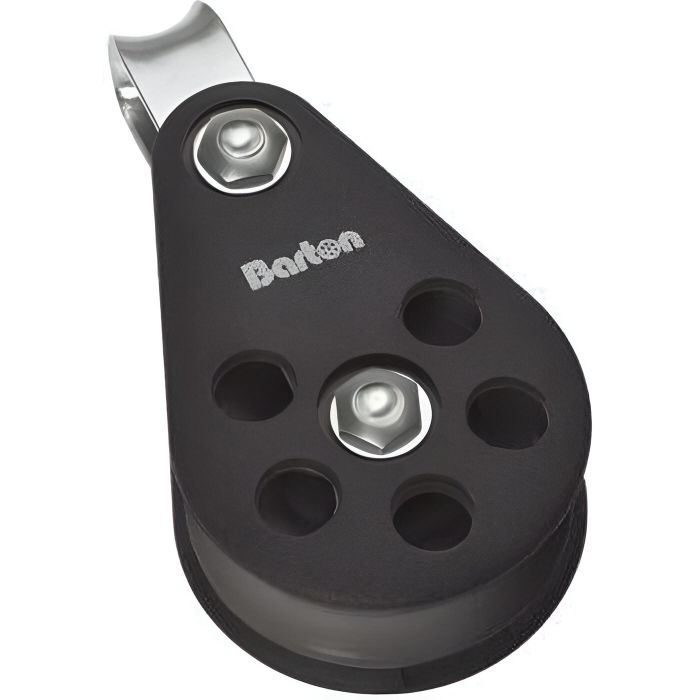
Barton - Poulie Simple Taille 4/5
37,43 $ - 178,91 $ -
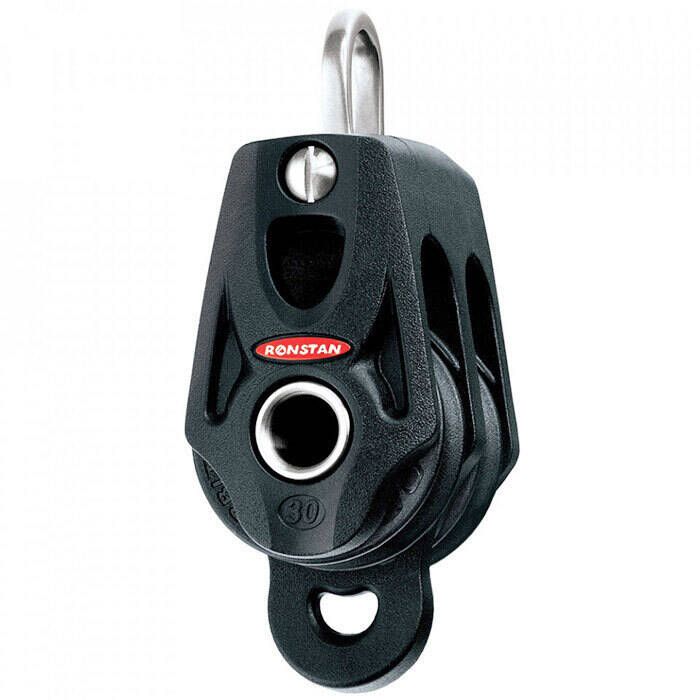
Ronstan - Poulie Double Orbit Série 30 - 30 mm (1 3/16") - RF35212
57,97 $ -

Ronstan - Poulie de Pied Centrale Série 60 - 60 mm (2 3/8") - RF64151
156,02 $ -



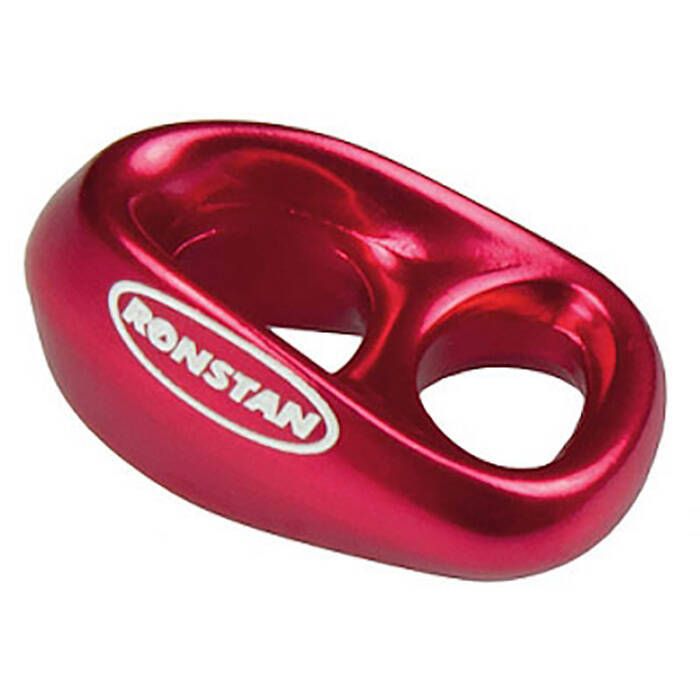
Ronstan - Poulie Amortisseur
23,12 $ - 31,18 $ -
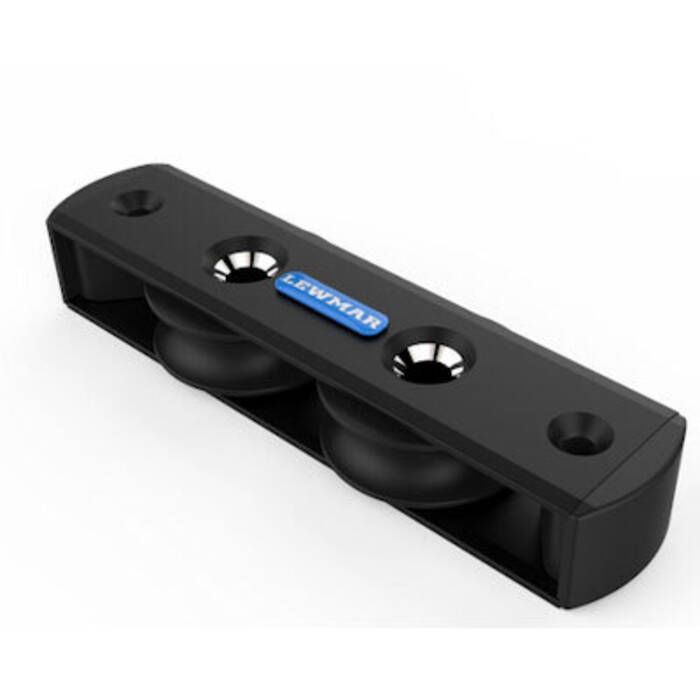
Lewmar - Organisateur de Pont - 40 mm (1 9/16")
78,88 $ - 186,88 $ -

Schaefer - Poulie de Joue Série 3 - 300-30
81,58 $ -

Schaefer - Poulie Série 7 - 706-05
172,03 $ -
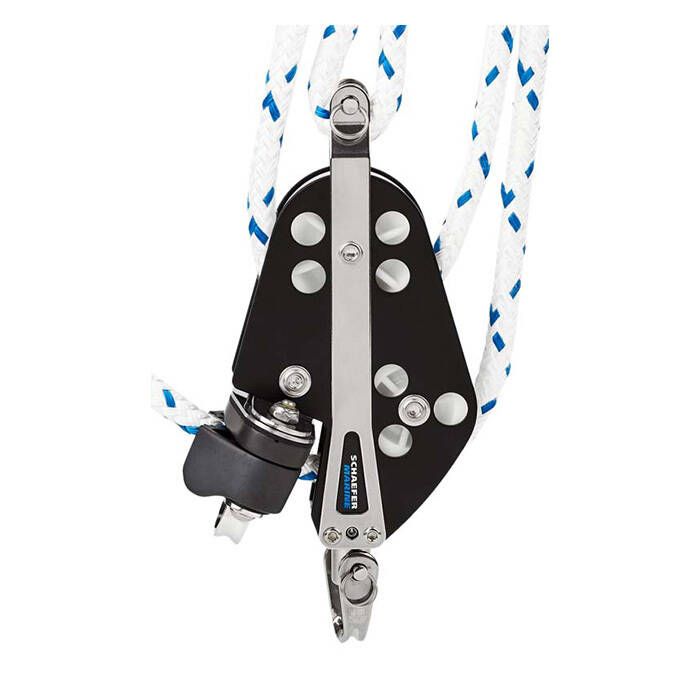
Schaefer - Poulie Violon Série 7 - 704-75
502,78 $ -

Harken - Poulie Élément en Aluminium - 60 mm (2 3/8") - 6264
187,84 $ -

Harken - Poulie Violon Carbo Air - 75 mm (2 15/16") - 2693
306,98 $ -

Harken - Grande Poulie Traversante de Pont Bullet - 38 mm (1 1/2") - 131
65,33 $ -

Harken - Bloc Vertical Carbo Air - 40 mm (1 9/16") - 2652
57,23 $ -

Barton - Poulie Simple Verticale avec Réa Simple et Guide-Cordage Taille 4/5 - N04151
65,84 $ -

Harken - Poulie Bullet à Câble à Travers le Pont - 29 mm (1 1/8") - 288
68,03 $ -

Lewmar - Oeil-de-Boeuf Moyen (Paquet de 2) - 29904117
41,69 $ -
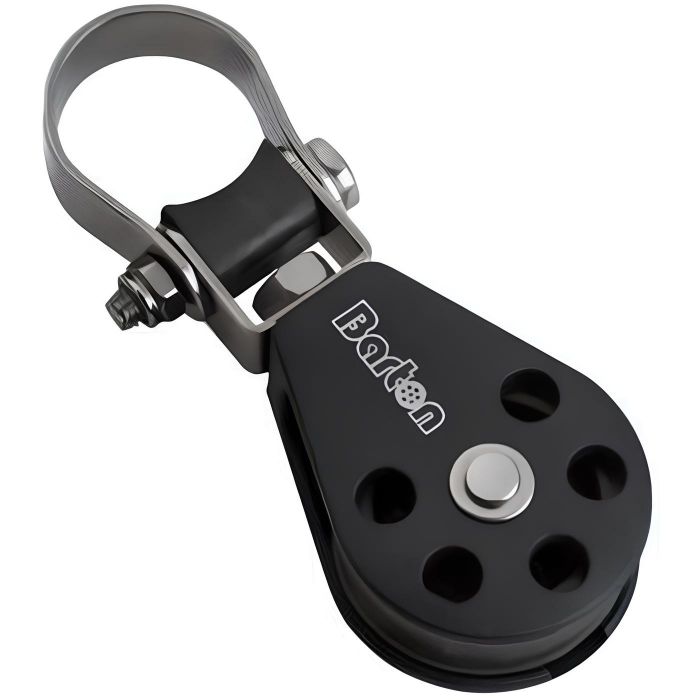
Barton - Poulie Simple de Guidage de Chandelier Taille 2 - N02190
38,18 $ -
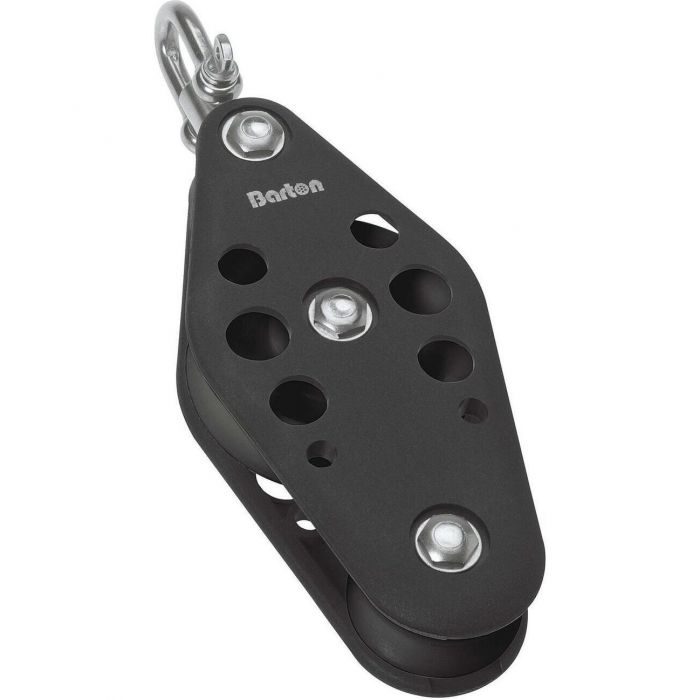
Barton - Poulie Violon à Roulement à Billes Taille 4/5
102,56 $ - 193,84 $ -
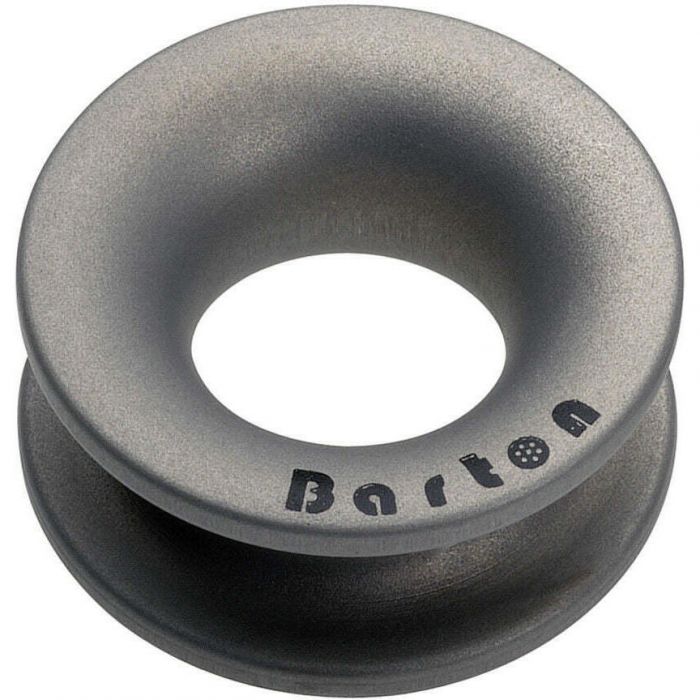
Barton - Œillet Haute Charge
21,21 $ - 55,46 $ -

Ronstan - Poulie Orbit à Roulement à Billes Série 40 - 40 mm (1 9/16") - RF45110
46,32 $ -

Ronstan - Poulie Orbit à Roulement à Billes Série 55 - 55 mm (2 5/32") - RF55110
67,54 $ -

Ronstan - Poulie Core Série 60 - 60 mm (2 3/8") - RF64110
204,22 $ -
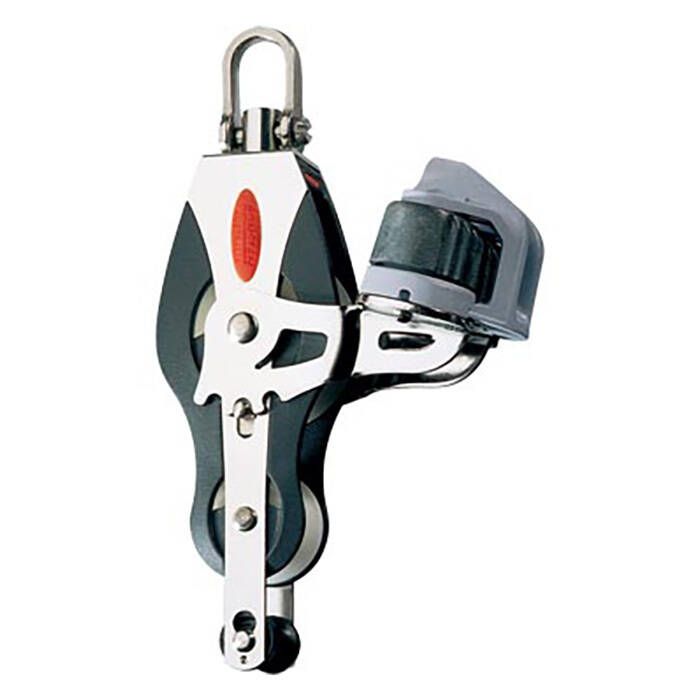
Ronstan - Poulie Série 40 - RF41530
153,63 $ -

Ronstan - Poulie Violon Série 50 - RF51500
91,47 $ -

Ronstan - Poulie à Cliquet Orbit Série 55 - RF56120
228,32 $ -

Lewmar - Poulie de Joue de Contrôle Synchro - 40 mm (1 9/16") - 29901460BK
41,08 $ -

Lewmar - Poulie Ouvrante Taille 1 - 19810600
350,23 $ -
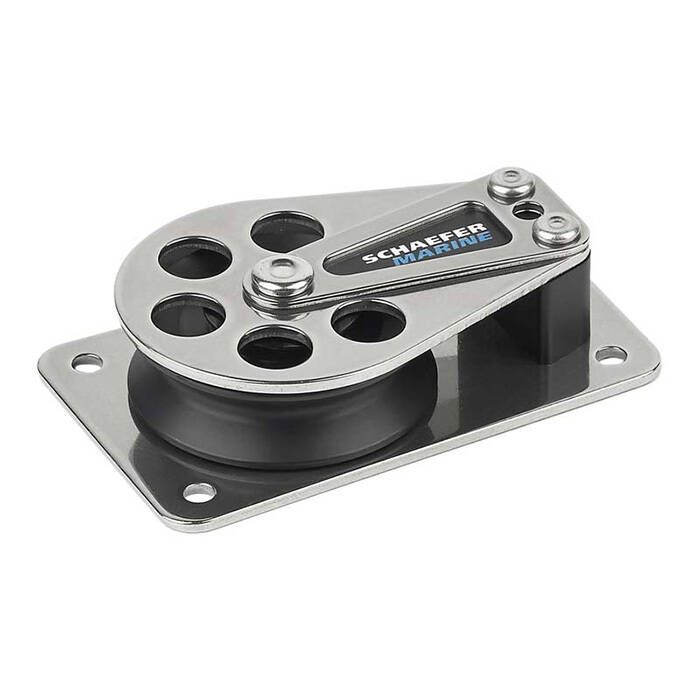
Schaefer - Poulie Latérale Série 5 - 505-10
199,03 $ -
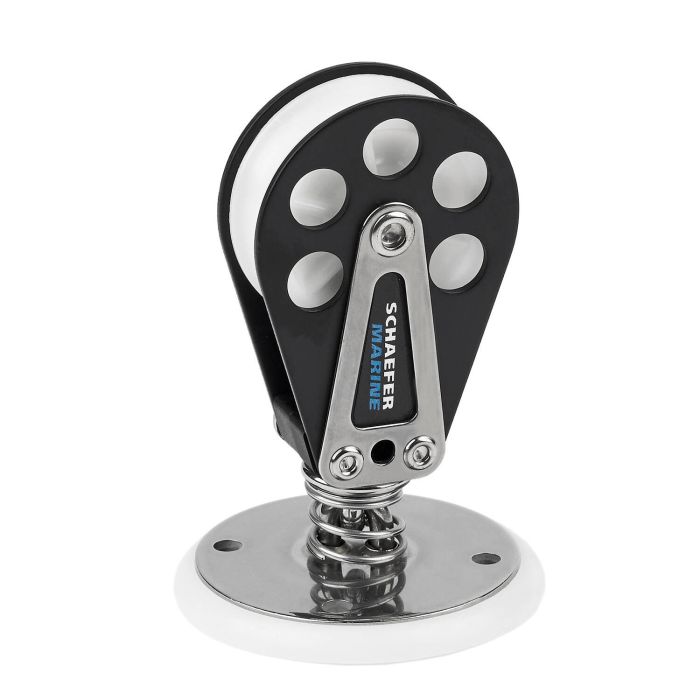 9% off
9% offSchaefer - Poulie Pivotante Verticale Série 7 - 704-62
271,93 $244,80 $ -

Harken - Poulie Élément en Aluminium - 60 mm (2 3/8") - 6265
169,01 $ -
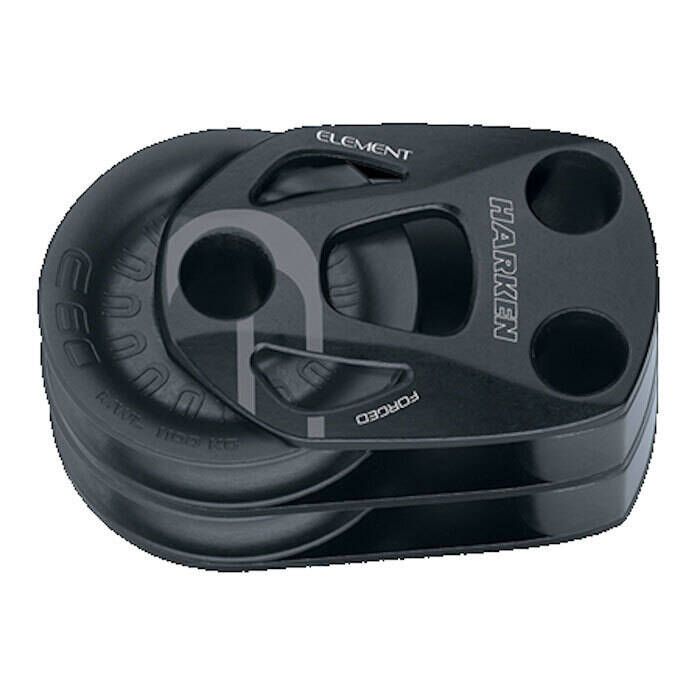
Harken - Poulie Élément en Aluminium - 60 mm (2 3/8") - 6271
266,35 $ -
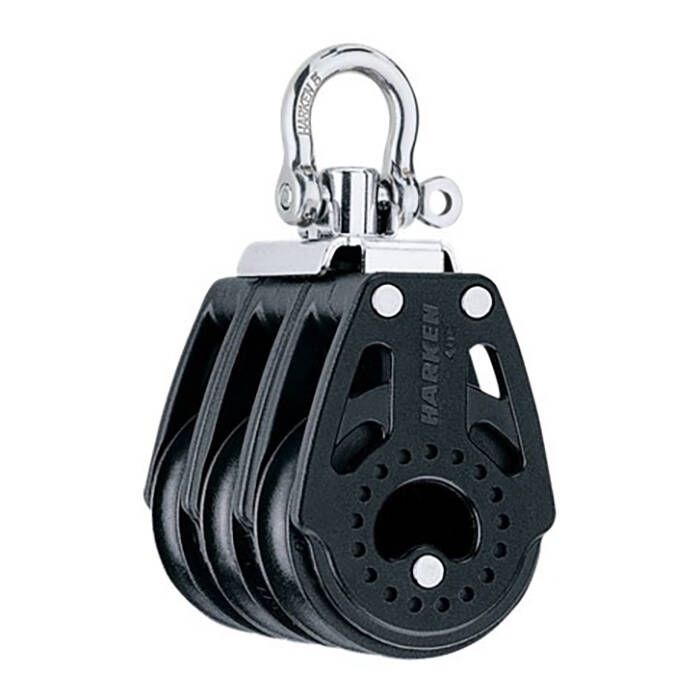
Harken - Bloc Triple Carbo Air - 40 mm (1 9/16") - 2640
190,88 $ -
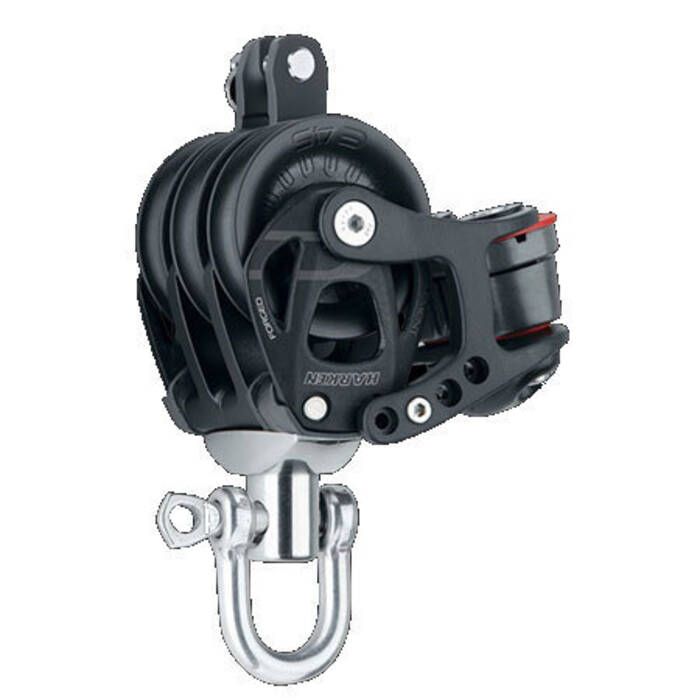
Harken - Poulie Triple en Aluminium Element avec Émerillon - 45 mm (1 3/4") - 6243
266,35 $
About Poulies
Marine Blocks: Buyer’s Guide
Introduction
For avid sailors and boating enthusiasts, selecting the right marine blocks is crucial for a seamless and safe sailing experience. Marine blocks play an essential role in the efficient and effective operation of a boat's rigging system. This guide is designed to help you understand the nuances of marine blocks and make an informed decision when purchasing them.
Section 1: What Are Marine Blocks?
Marine blocks are pulleys used in the rigging of boats and ships. They facilitate the changing of direction and point of application of a force applied to a rope. In simpler terms, they are used to lift heavy loads, adjust sails, and aid in maneuvering the boat.
Types of Marine Blocks
- Single Blocks: Used for basic applications, these have one wheel and one sheave.
- Double Blocks: With two sheaves, they offer more mechanical advantage.
- Swivel Blocks: These can rotate to prevent rope twisting.
- Fiddle Blocks: Combine different sizes of sheaves in one block for versatile applications.
Section 2: Factors to Consider When Buying Marine Blocks
Material and Durability
Marine blocks are typically made from stainless steel or composite materials. The choice depends on the sailing conditions and the required strength-to-weight ratio.
Load Capacity and Size
Consider the maximum load the block will handle and ensure it matches your requirements. The size of the block should correspond with the thickness and strength of the ropes used.
Ease of Use and Maintenance
Look for blocks that are easy to install and maintain. Blocks with ball bearings offer smoother operation but may require more maintenance than plain bearing blocks.
Compatibility
Ensure the blocks are compatible with your boat’s rigging system and the type of sailing you do.
Section 3: Top Brands and Their Offerings
Harken Blocks
Known for high-quality, durable marine blocks. They offer a wide range of blocks for various sailing needs.
Lewmar Blocks
Offers a variety of blocks that balance performance and price, suitable for both casual and competitive sailors.
Ronstan Blocks
Famous for innovative designs, Ronstan’s blocks are popular among those looking for high-performance gear.
Section 4: Maintenance and Care for Marine Blocks
Regular maintenance includes cleaning, inspecting for wear and tear, and lubrication. Always follow the manufacturer’s guidelines for care and maintenance to ensure longevity and optimal performance.
Conclusion
Choosing the right marine block involves understanding your sailing needs, the types of blocks available, and the best brands in the market. With this guide, you are now equipped to make an informed decision that enhances your boating experience.
FAQs
Q: Can I use any block for any type of sailing?
A: No, it's important to choose a block based on the specific needs of your sailing activity.
Q: How often should I replace my marine blocks?
A: It depends on the usage and maintenance. Regular inspection will help you determine when a replacement is needed.


